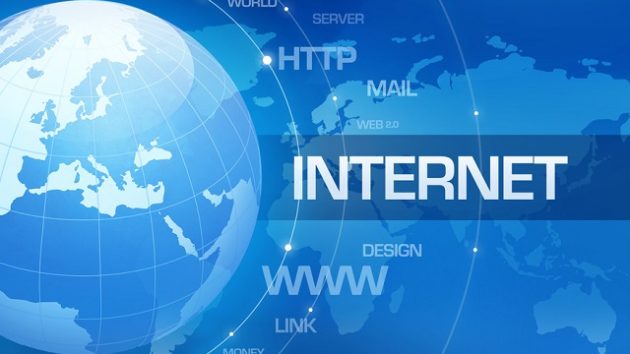Study: Internet now the ‘driving force’ in creating political power, voter influence and accountability
LOS ANGELES, CA /PRNewswire-USNewswire/ — Move over, television – the Internet has become a driving force behind politics and political campaigns.
The Center for the Digital Future has found that large and growing percentages of Americans now view the Internet as vital in key aspects of politics – for conducting campaigns, for generating political power, and for making elected officials more accountable.
The Center’s study found that 74 percent of all respondents agree that the Internet has become important for political campaigns, up from 71 percent in the previous study and a new high for the Digital Future studies that began in 1999.
“The Internet has become a vitally important tool for users seeking political information during campaigns,” saidJeffrey I. Cole, director of the Center for the Digital Future and creator of the World Internet Project.
“Fifty years ago, television surpassed newspapers as the primary communication medium for people seeking information for political campaigns,” said Cole. ” Now the Internet is assuming a much more prominent role in political communication – for learning more about candidates, for sharing political views, for mobilizing constituents, and especially for fundraising.”
“And we have found significant changes in the number of users who believe that the Internet can become a tool for political power and voter influence,” Cole said.
The findings on the role of the Internet in the political process are featured in the thirteenth edition of the Digital Future Report, released today by the Center. The 171-page report for 2015 explores more than 100 issues involving the impact of online technology in the United States.
New high levels of agreement about the Internet in the political process
All of the following are the highest levels to date for the Digital Future Project:
- Sixty-seven percent of users agree or strongly agree that going online can help people better understand politics, up from 63 percent in 2013.
- Forty-two percent of users agree or strongly agree that by using the Internet, people like them can have more political power, an increase from 37 percent in 2013.
- Forty-two percent of respondents believe that by using the Internet, public officials will care more about what people like them think, up from 32 percent in 2013.
- Forty-one percent agree or strongly agree that the Internet gives people more say in what the government does, up from 32 percent in 2013.
“These trends are clearly demonstrated in recent political campaigns,” Cole said. “In 2008, the Republicans did not pay attention to social media, but Barack Obama used digital communication in his first presidential campaign as a primary tool in developing his power base. Now social media is integral to all campaign strategies – Democratic or Republican.”
2015 Digital Future Report: Background
The Digital Future Report has been produced annually by the Center for the Digital Future since 2000, and is the first to develop a longitudinal panel study of the views and behavior of Internet users and non-users in the United States. The survey, conducted from October 2014 to January 2015, has a margin of error of +/- 3.0 percent. The annual report of survey findings, now in its 13th edition, is the longest continuing study of its kind. The study’s broad categories include:
- Internet Users And Non-Users: Who Is Online? What Are Users Doing Online?
- Media Use And Trust
- Consumer Behavior
- Communication Patterns
- Social Effects
To view the report and findings from previous studies, visit www.digitalcenter.org.
The Center for the Digital Future
Since 1999, the Center for the Digital Future (digitalcenter.org) in the USC Annenberg School for Communication and Journalism has examined the behavior and views of a national sample of Internet users and non-users in major annual surveys of the impact of the Internet on America. The center also created and organizes the World Internet Project, which includes similar research with 37 international partners.
About the USC Annenberg School for Communication and Journalism
Located in Los Angeles at the University of Southern California, the Annenberg School for Communication and Journalism is a national leader in education and scholarship in the fields of communication, journalism, public diplomacy and public relations. With an enrollment of more than 2,200 students, USC Annenberg offers doctoral, master’s and bachelor’s degree programs, as well as continuing development programs for working professionals across a broad scope of academic inquiry. The school’s comprehensive curriculum emphasizes the core skills of leadership, innovation, service and entrepreneurship and draws upon the resources of a networked university located in the media capital of the world.



Leave a Reply
Want to join the discussion?Feel free to contribute!